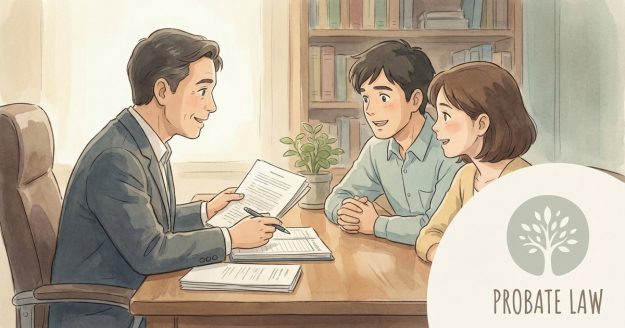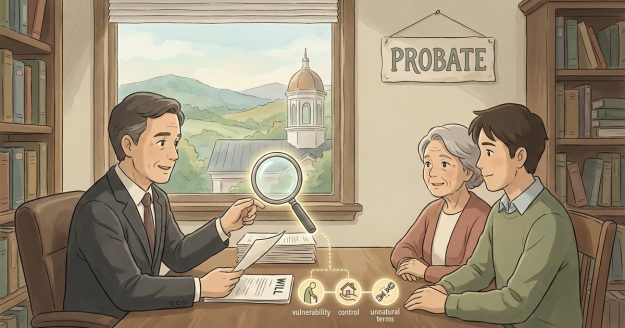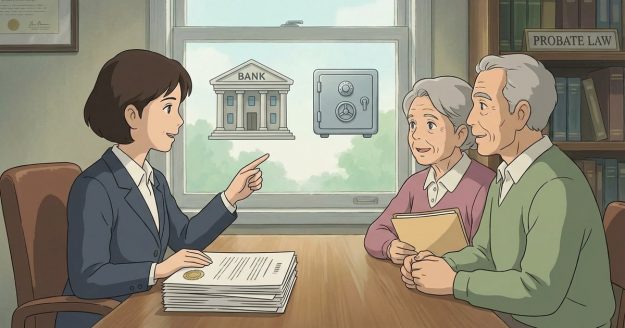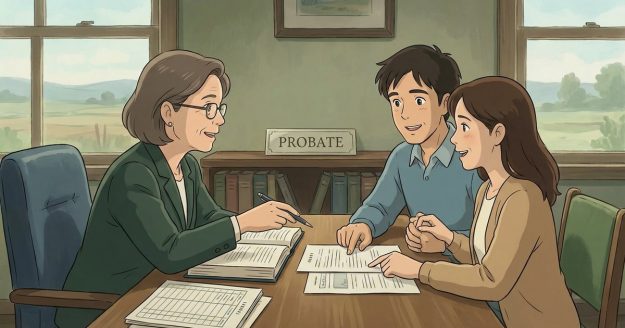How do I verify whether a medical creditor’s claim against an estate is valid and properly supported? nc
How do I verify whether a medical creditor’s claim against an estate is valid and properly supported? – North Carolina Short Answer In North Carolina, a personal representative can verify a medical creditor’s estate claim by confirming the claim was properly presented during the claims period and by demanding documentation that shows (1) who the…











